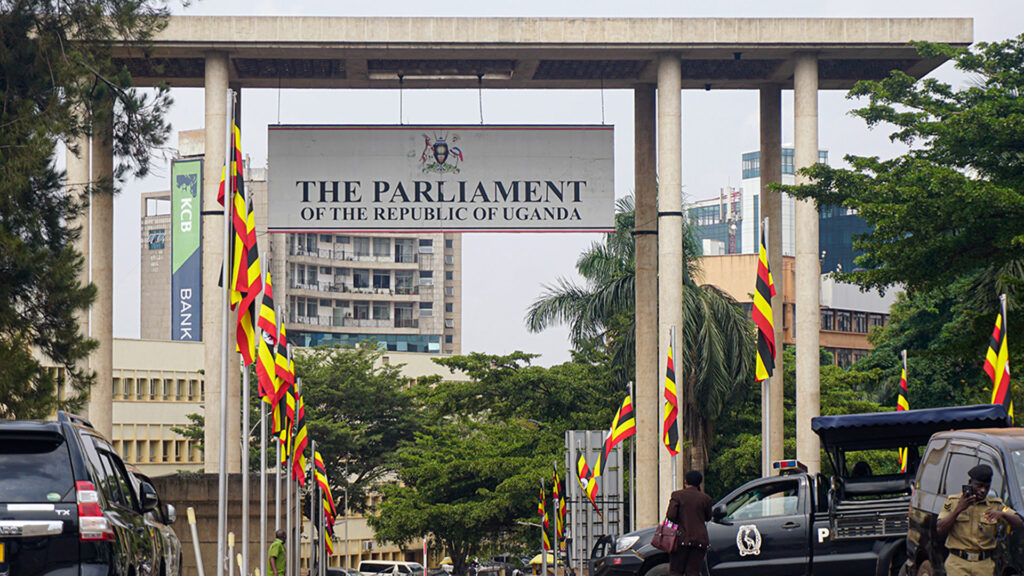The Deputy Speaker Jacob Oulanyah, has on numerous occasions said that resolutions or recommendations in the wisdom of Parliament are merely advisory, nothing more and therefore, the executive can use its discretion to either adopt or dismiss these resolutions. He reiterated the fact that the only resolutions binding are those directed by the constitution and financial resolutions.
However, it’s in the best interests of Ugandans that resolutions passed by Parliament are taken more seriously by the executive. Parliament deals with different kinds of business stipulated in its rules of procedure, ranging from petitions, motions, laws, loans to mention a few, most, of course, which legally result in non-binding resolutions.
Most of the business that Parliament deals with requires, that at the end of it all, a report with recommendations or resolutions on whatever business transacted is generated. Looking at Parliamentary processes from a monetary perspective is one way to look at how important these resolutions or recommendations are and to an extent should be binding on the government. Each sitting always has an allowance tagged to it, this coupled with times the committee sits, the number of MPs attending, the number of times the committee sits and the number of committees in Parliament means that a lot of money is spent. This, coupled with other important parameters like time and commitment culminates into a far greater problem. Contrary to this, legal enthusiasts could argue that the cost of Parliamentary processes is not sufficient ground for theses resolutions to be binding, however, from a moral perspective, we need to empathize with the tax payer whose hard earned money does not yield the necessary results.
A scenario where government could have saved money if they based their decision on a recommendation from Parliament is the most recent is the Kampala High court ruling on 11th January, 2016, where the court ordered government to pay Ugx 29.1 billion to former employees of the defunct Uganda Coffee Marketing Board [CMB] who were retrenched in 1992 without compensation. Before this, a petition was tabled in Parliament by Honorable Krispus Ayena back in 2012 on behalf of the petitioners [1]. As per the rules, the petition was sent to the Parliamentary committee on legal and Parliamentary affairs which under the 45-day rule produced a report adopted in 2014. The ruling by the high court was similar to the recommendations of Parliament.
Various costs could have been avoided in time, court fees, and lawyer fees among others. It would not be so bad on the side of Government because these costs would consequently reduce the expenditure of the Ministry of Justice and constitutional affairs which is already grappling with its own budget allocation vis-a-vis its planned expenditure. For the financial year 2016/17 the Ministry of Justice and Constitutional affairs will receive UGX 67.046B and yet the outstanding arrears in court awards currently stand at UGX 479.3B. This notwithstanding the contingent liabilities for court awards and compensations as at June 30th, 2015 stood at UGX 4.3 trillion. Therefore, it is imperative that government devises effective means to reduce expenditure at whatever cost.
We should, however, be very careful not to dismiss the possibility of some decisions of Parliament being politically motivated. Due diligence must be carefully exerted by the executive on decisions to decrease the risk of getting into trouble on the basis of Parliament recommendations as was of the former Prime Minister Amama Mbabazi, during the alleged ‘oil bribery’ scandals that saw a UGX 13 billion compensation being awarded to Mr. Severino Twinobusingye [2]. Therefore as one of the tenets of good governance, Parliament must also play its assigned role in the Constitution diligently and with utmost precision.
Like Albert Sam-Tsokwa said describing the resolutions of the parliament as merely advisory showed that there was “bankruptcy” in the understanding of the role of the legislature in any democracy. It would be better if the executive took the recommendations and resolutions of Parliament more seriously than they do now. But if this is not put on law, then the executive is free to exercise its discretion which in turn is unfair to Parliament and the people they represent. Considering that Parliament among other things is supposed to keep checks and balances on government and more often than not its recommendations are in the public interest.
[1] Petitions tracker at Parliament Watch Uganda website: http://parliamentwatch.ug/motion/former-workers-of-coffee-marketing-board/
[2] Daily Monitor – http://www.monitor.co.ug/SpecialReports/Shs13b-given-to-me-for-Mbabazi-case-was/-/688342/1716322/-/m17poc/-/index.html
SOURCE: ( Parliament Watch, article by Winnie Watera; https://parliamentwatch.ug/blogs/the-executive-should-take-parliamentary-resolutions-more-seriously/ )
